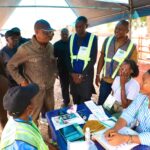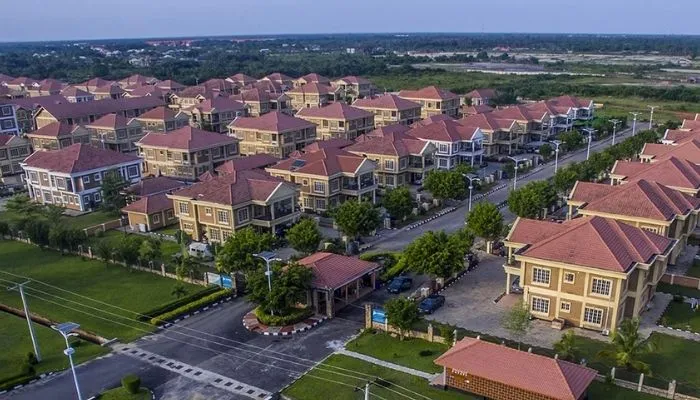Kwara Govt. upgrades Omu-Aran General Hospital to Teaching Hospital
By Yinka Owolewa The Kwara Government on Thursday signed an agreement to upgrade the Omu-Aran General Hospital to a Teaching Hospital for medical students of Thomas Adewumi University (TAU), Oko. TAU is located in Oko, Irepodun Local Government Area of Kwara. The News Agency of Nigeria (NAN)Continue Reading





















